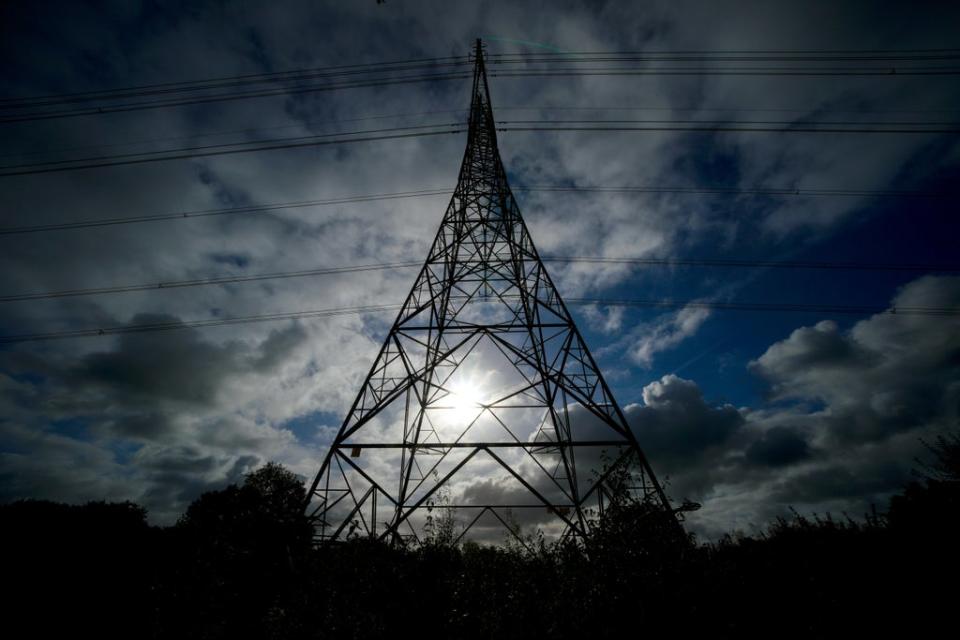Energy crisis: Another 20 suppliers to go bust in next month, Scottish Power boss warns

At least another 20 UK energy suppliers are likely to go bust in the next month as a result of soaring gas prices, the boss of Scottish Power has warned.
Keith Anderson told Sky News that the financial pressure on suppliers was now so great that there was a “real risk” that just five or six energy companies could survive.
He called for the energy price cap, which sets a limit to what suppliers can charge retail customers, to be scrapped because it has caused dozens of suppliers to go bust.
Energy regulator Ofgem last decided on the price cap level in August that came into force on 1 October. Since then, energy prices have soared at an unprecedented rate, leaving suppliers charging less to their customers than they can buy gas for in the wholesale market.
Mr Anderson is also calling for a special tariff for vulnerable customers including those who are in fuel poverty.
“They are the ones who actually really, really require financial support. Those of us who can afford to pay, we should be paying a little bit more because we should be paying the actual cost of the gas we use and that gets supplied to us.”
Ofgem switches customers of failed suppliers over to a new provider but there are growing fears that the “supplier of last resort” (SOLR) process may collapse under the strain.
It has never been tested to such an extent previously, with more than 2 million households either having gone through SOLR or currently going through it.
Mr Anderson said it was costing suppliers around £1,000 for each customer they take on through the process. Those costs are then reclaimed through a levy placed on the energy bills of customers across the UK.
“That’s going to put tremendous pressure on bills,” Mr Anderson said.
If a supplier cannot be found to take on customers of failed firms, Ofgem also has a special process through which a team of external administrators is brought in to run the company until a new supplier can be found.
Fourteen suppliers have gone out of business since August, with their customers being taken on by larger companies such as British Gas, E.On and oil giant Shell, which has recently moved into the retail electricity business.
Scottish Power has taken on customers so far this year under the SOLR process, although it has done in previous years. When suppliers take on new customers they must show that they have bought enough power to supply them.
With prices currently so high and not forecast to reduce substantially for several months, this has become expensive for suppliers.
A host of factors have combined in recent weeks to cause gas prices to spike to record levels. Increased demand as the world has emerged from lockdowns came after an unusually cold winter last year that left stocks low.
Demand for gas in Asia has also been high, leaving Europe competing for supplies. Meanwhile Russia, Europe’s biggest supplier of gas, has been accused of deliberately holding back on production to exert its political power.
The UK is more dependent on gas for energy supplies than other European countries and got rid of a key storage facility in 2017. That has meant the UK is less able to draw on stored gas at times of high prices and makes it more exposed to fluctuations in the market price.

 Yahoo Finance
Yahoo Finance 